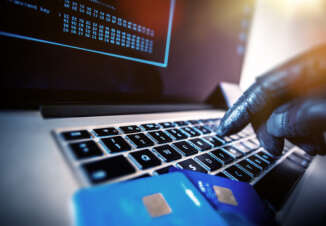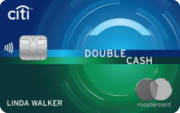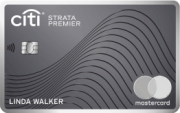The content on this page is accurate as of the posting date; however, some of the offers mentioned may have expired.

Visa and MasterCard recently announced they are taking steps to protect consumers from credit card fraud by promoting the use of the new “chip and pin” cards. These cards store data on a microchip that is embedded in the credit card. In order to make purchases with a “chip and pin” card customers have to use a pin code. The credit card companies are now encouraging businesses and ATMs to upgrade card-reading systems.
Currently most US cards have a magnetic strip that carries credit card data and transactions with these card types do not require a pin code but instead a signature. Around the world, the American system is seen as antiquated, and issuers across the nation are looking to update their information.
MasterCard has set a goal of April 2013 to install systems for ATM operators that allow consumers to use chip and pin cards. Chip and pin cards are much more common overseas. And they provide added security because they have separate card readers that can be brought to the consumer, if they are at a restaurant for example. Because these cards are preferred overseas, it may be hard purchasing items on the go, such as gas overseas, because all their machine readers work with the chip and pin technology.
The number of US identity fraud victims rose 12 percent to 11.1 million adults last year, according to Javelin Strategy & Research, "Identity Fraud Survey Report." It is critical that if your card goes missing you report it to your bank as soon as possible. Many card companies provide credit-monitoring services for individuals who have lost or have had their cards stolen. You can also monitor your credit through credit agencies. Even if your card has not been stolen, it is important for you to look over your monthly credit card statements and ensure that all the charges were made by you.
Credit card and debit card fraud is the number one fear of Americans in the midst of the global financial crisis that started in 2008, with the beginning of the Great Recession. Concerns about fraud supersede that of terrorism, computer and health viruses and personal safety, according to Unisys Security Index, possibly, because the threat for fraud is always lurking with the Internet.
The total annual fraud amount jumped just seven percent to $48 billion last year– despite the growing number of victims. According to Javelin Strategy & Research this is because "consumers and businesses are detecting and resolving fraud more quickly."
This is largely due to the ability for customers to instantly check credit card balances, track your credit score and set up alerts to warn you if your card balance exceeds a set limit.
Other ways to protect yourself from credit card fraud is to sign your credit card as soon as you receive it. Also, keep a record of your account numbers, their expiration dates, and the phone number and address of each company in a secure place.





